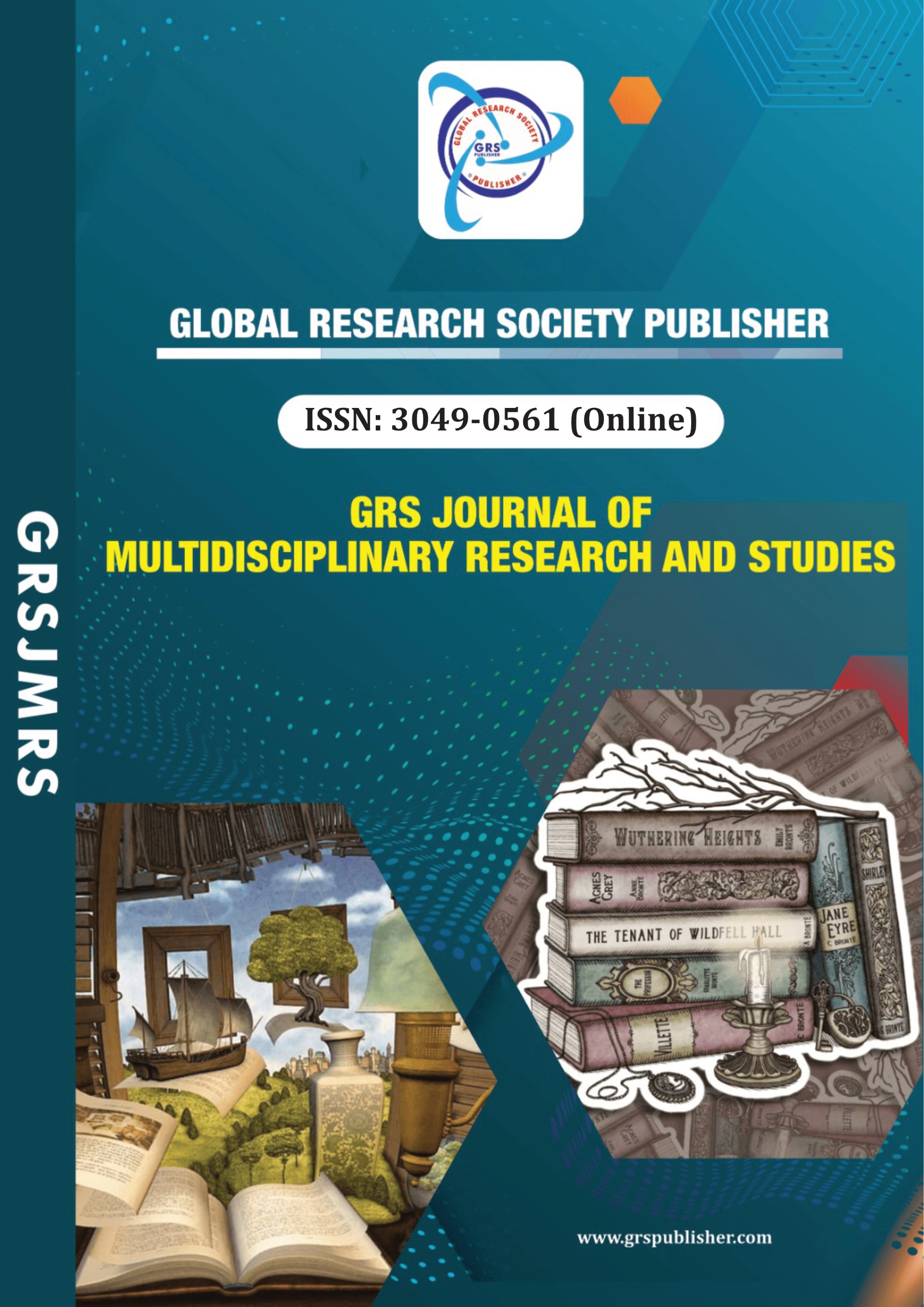Compulsory Licensing in India: Compatibility with International Norms
Sr No:
5
Page No:
28-31
Language:
English
Authors:
Lokinder Sharma
Published Date:
2025-04-21
Abstract:
The link between a society's socioeconomic development and the availability of intellectual property is well established. Numerous studies have explored the effects of intellectual property regimes on various aspects of social and economic growth, including “international trade, foreign investment, competition, innovation, and access to new technologies.” However, each society has unique needs shaped by its historical, economic, legal, and cultural context.
This paper briefly looks into the evolution of international law, in the context of compulsory licensing demands vehemently pushed by the developing world to ensure fair access to intellectual property given the fact that neither knowledge is built in a vacuum, nor does countries like the USA, was in favour strict regimes guarding intellectual properties during their development years. This paper focuses on India's pivotal role in international negotiations that shaped the global intellectual property framework and assesses the compatibility of compulsory licensing provisions in India's Copyright Act of 1957 (“the Act”) with international standards. This compatibility is crucial as India emerges as a significant global power.
Keywords:
: Intellectual property, Compulsory licensing regime, Compatibility, Berne Convention, Berne appendix, Three step test, Copyright Act.
Journal: GRS Journal of Multidisciplinary Research and Studies
ISSN(Online): 3049-0561
Publisher: GRS Publisher
Frequency:
Monthly
Language:
English

